Critical mineral Vanadium finds new interest in grid energy storage battery applications
Originally posted on Investorintel.com
By : Alastair Neill
Vanadium (V) is a critical mineral element named after the Scandinavian goddess of beauty and fertility Vanadis. It is the 20th most abundant element in the earth’s crust. Global production in 2020, according to Statista, was about 105,000 tonnes. China accounted for 70,000 tonnes or two-thirds of global production. Russia was next at just over 19,500 tonnes, followed by South Africa at 8,584, and Brazil at 7,582. India produced 100 tonnes and the USA 17 tonnes. Vanadium occurs in magnetite and in China and Russia it is produced from steel smelter slag. Other sources are bauxite, crude oil, coal and tar sands, or as a byproduct of uranium mining.
About 85% of all vanadium is used as an alloy for steel to improve its strength and wear resistance, particularly in tool steel where the amount of vanadium used ranges from 1% to 5%. A few years ago China passed requirements for rebar to use vanadium but the advent of COVID and the current malaise of the Chinese construction/real estate business has not seen the potential increase in demand that the industry widely expected. Vanadium is also used in titanium/aluminum alloys in jet engines and dental implants. Recently there has been renewed interest in the large potential capacity of the vanadium redox battery, also known as the vanadium flow battery (VFB), for grid energy storage. An advantage of vanadium flow batteries is they have no limit on energy capacity and long charge/discharge cycle lives of between 15,000-20,000 cycles making them useful for power plants and electrical grids. Also, Lithium vanadium oxide has been explored for a high-density anode.
Earlier this year the Ferrovanadium price in Europe was $62.8/kg but recently has fallen to about half at $31/kg. In late 2018 and early 2005 Ferrovanadium prices spiked over $120/kg but these were short lived peaks. It has short periods where producers can make significant profits.
There are two producers of vanadium outside China and Russia that are of particular interest. The first is Largo Inc. (TSX: LGO | NASDAQ: LGO), which listed on the Nasdaq last year. Largo is a Toronto based company with operations in Brazil from one of the world’s highest grade vanadium deposits. Largo reported revenues in Q2 of this year at $84.8 million, which was due to the spike in vanadium prices. Volume sold was 3,291 of V2O5 equivalents while production of V2O5 was 3,084 tonnes. Expected production for the full year is estimated at 11-12,000 tonnes of V2O5. Their cash operating cost is reported at $4.10-4.50/lb. V2O5 ($9.03-9.92/kg). Recent pricing inside China is shown to be $16.80/kg, so Largo is in a good position relative to the market. In addition, Largo is investigating diversification in 2022-23 in an ilmenite concentration plant with a nameplate of 150,000 TPY. This will feed a titanium oxide (TiO2) pigment at a rate of 30,000 TPY beginning in 2024. This is a very small operation compared to the size of the TiO2 industry, but this will diversify their product line and possibly soften the impact of the swings in vanadium pricing.
Another part of Largo’s business is Clean Energy Storage. They boast a “unique, vertically integrated business model” to “supply some of the world’s most advanced vanadium redox flow battery solutions for the integration of renewable energy.” By supplying their own vanadium Largo can lower the upfront cost to its customers. To that end Largo signed a non-binding MOU with Ansaldo Green Tech to negotiate the formation of a Joint Venture for making and deployment of Vanadium Redox Flow Batteries in the European, African and Middle East markets. In their latest press release Largo announced it had completed its qualifying transaction for Largo Physical Vanadium Corp. (TSXV: LPV). According to Largo’s President and CEO Paulo Misk, “this listing will allow investors direct exposure to vanadium.”
Another vanadium company is Bushveld Minerals Limited (LSE: BMN), a South African company, which owns 2 of the 4 world’s operating primary vanadium processing facilities. Last year they produced just under 3,600 metric tonnes of vanadium. Bushveld has announced they plan to grow production by 40-50% this year, and subject to funding and market conditions they would increase their output to 8,000 TPY.
It is also worth mentioning that Glencore International AG, one of the world’s largest global diversified natural resource companies, is also in the V2O5 market with production around 6,900 tonnes in 2021.
Vanadium is an interesting element, though the pricing swings make it challenging to plan budgets and investments, but the use in vanadium redox flow batteries has given a new growth market for the industry.

